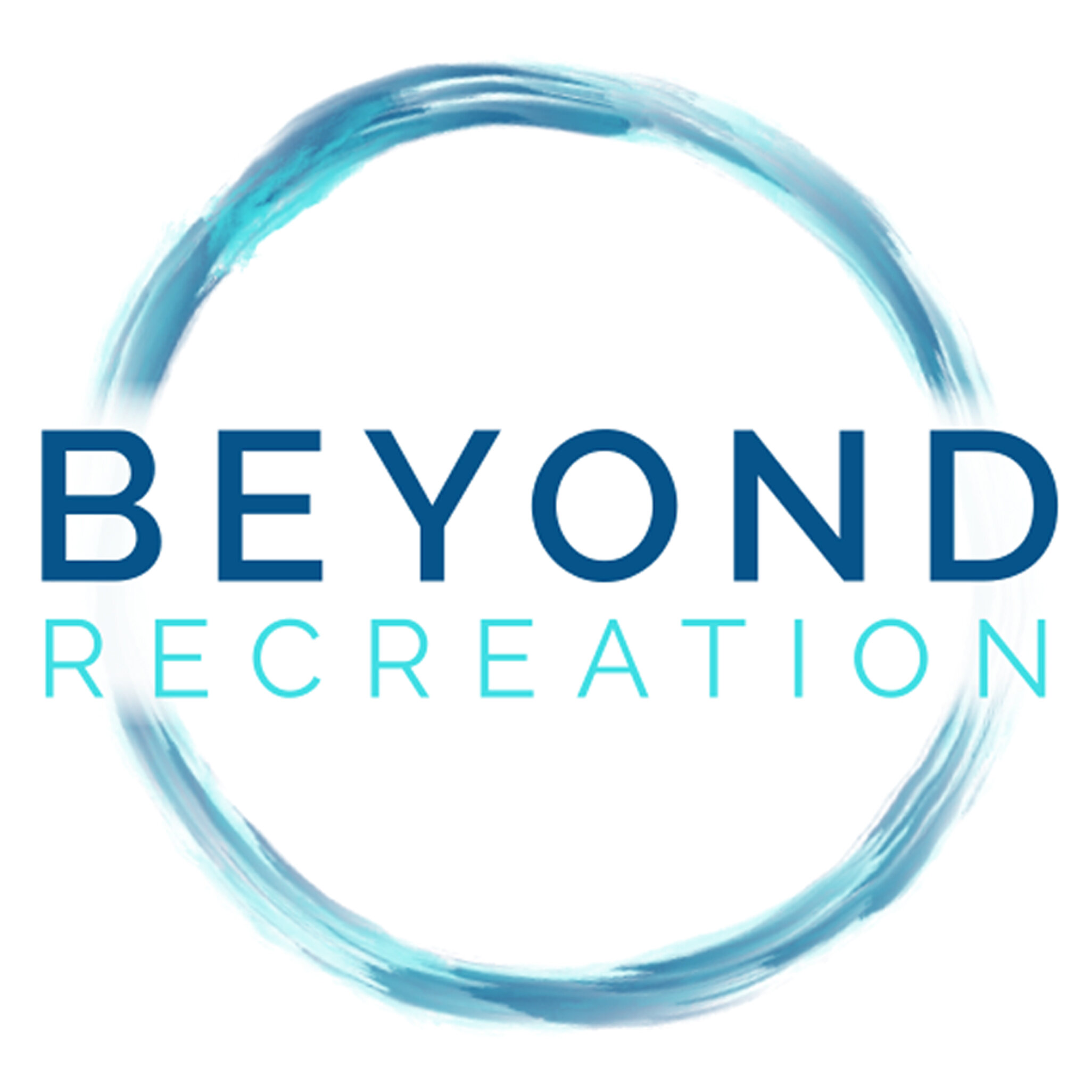Staff Training
Photos by Aaron Felske
Engaging. Educating. Memorable.
Beyond Recreation believes that the key to a good summer is a well-trained staff. Staff must know how to work with each other and how to work with children. This is why a staff training session with Beyond Recreation focuses equally on both interpersonal relationships and relating to children.
We start with a general set of modules that are then customized to the needs of each specific camp. A typical day of training runs from after breakfast until 4:00 pm, with an hour break for lunch. We also offer two- and three-day trainings.
Typical Two-Day Training Schedule
DAY ONE
8:30 — Breakfast
9:30 — Introductions and Warm Ups
10:30 — Building Relationships with Campers
11:30 — Ages and Stages
12:15 — Lunch
1:15 — Responding to Challenging Behavior
2:45 — Break
3:00 — Teen Time (Challenges and Joys of Teenaged Campers)
4:00 — Bedtimes and Backpacks (Being Camper-Ready on Day One)
DAY TWO
8:30 — Breakfast
9:30 — Warm Ups
10:00 — Cabin Meetings and Staff Connections
11:00 — Camp Community: Creating a Bully-Free Environment
12:15 — Lunch
1:15 — Personality Profiles
2:15 — Break
2:30 — Camp Communication (staff activities focused on working together in a camp environment)
4:00 — Ask It Basket (Q and A) and Closing
5:00 — Depart
Typical One Day Training Schedule
8:3o — Breakfast
9:15 — Warm Up and Introductions
9:45 — Cabin Meetings and Staff Connections
10:45 — Building Relationships with Campers
11:45 — Ages and Stages
12:15 — Lunch
1:15 — Cabin Community: Building a Bully-Free Environment
2:15 — Break
2:30 — Responding to Challenging Behavior
3:45 — Break
4:00 — Backpacks and Bedtimes (Being Camper-Ready on Day One)
5:00 — Depart
AMERICAN CAMP ASSOCIATION STANDARDS
Beyond Recreation covers many of the requirements for training set forth by the American Camp Association (Click here for a list of the standards covered in 2019’s training). We provide an in-depth document outlining our training for inclusion in your ACA binder.
REVISITS AND SUMMER-LONG CONSULTATION
Beyond Recreation can provide a mid-season revisit for camps who have used our training services. During this revisit, we sit with your staff in small group meetings and address their questions, celebrate their successes, give a pep talks, and try to assist in any way we can. This revisit counts as continuing education for the American Camp Association, and also gives your staff members a safe and supportive place to debrief from difficult experiences, express concerns, and share their stories. Revisits also allow for your staff to build a relationship with the trainer, which has proven to pay dividends in future summers. By building these relationships, the trainers from Beyond Recreation become a part of your camp family, and staff are excited and ready to engage when they arrive on camp.Any camp that engages Beyond Recreation for training also has access to Anne Henningfeld, MA, CTRS all summer long for questions and support. She provides her personal cell phone number to camp directors and is available throughout the camp season to take calls and help camps work through difficult situations.
Photo by Aaron Felske
What Makes Our Training Unique?
THE AUDIENCE CHOICE TRAINING (ACT) METHOD
Every camp director has used role playing in staff training at some time in their career, trying to give staff practice with the tough situations they’ll face over the summer. These role plays can be spot on, providing the staff members with memorable experiences they’ll recall right in the heat of the moment with a child. Or they can dissolve into a giggling mess. Or they can go so far over the top they create a hopeless situation. Or they can make an introverted staff member feel terrible. These role plays gone wrong can not only waste precious training time, they can end up denying the experience and the knowledge they were meant to impart. This is why Anne Henningfeld, MA, CTRS, a ten year camp director, partnered with Michael Jay Garner, an entertainer and improv instructor with a degree in Psychology to create the essential role play experience for camp staff.
They started by asking the question, what makes a good role play? Their answer lead them to a choose-your-own adventure style of group role play based on:
Believable characters, situations and reactions
Strong counseling work and responses
High quality facilitation
The ACT Method takes all the best parts of a role play: the interaction, the spontaneity, the quick thinking, and eliminates the rest, creating an intentional, entertaining and effective experience for camp staff.
How ACT Works:
While the facilitator explains the scene, the actor takes the stage in character. The actor might be a homesick eight year old, a risk taking sixteen year old, a thirteen year old questioning his sexual identity, or even a young staff member trying to figure out what to do after losing a camper. The actor presents their issue to the audience, who collectively take the part of the other side of this role play. The actor then freezes in character while the facilitator encourages discussion about the best way to respond. Once the audience chooses a response, the actor continues in his character. The facilitator or the audience may choose to rewind the scene and try different responses at any time in the role play. This back and forth continues until the situation is resolved.
Where Can ACT Be Used in Training?
The ACT Method can be applied to almost any training situation, including but not limited to:
Behavior Management
Working with LIT/CITs
Child Development
Answering Tough Questions
Policies and Procedures





